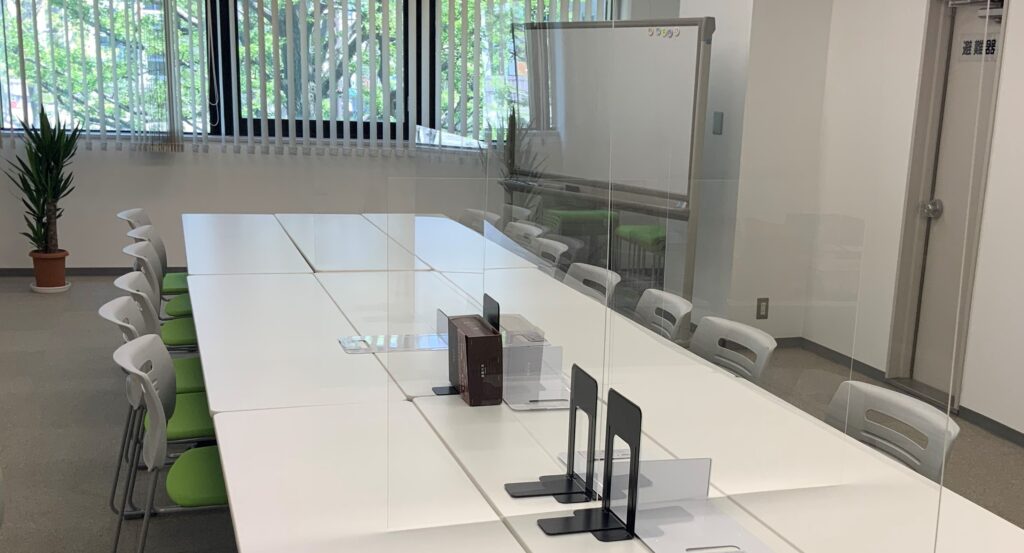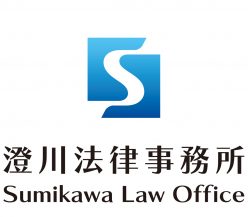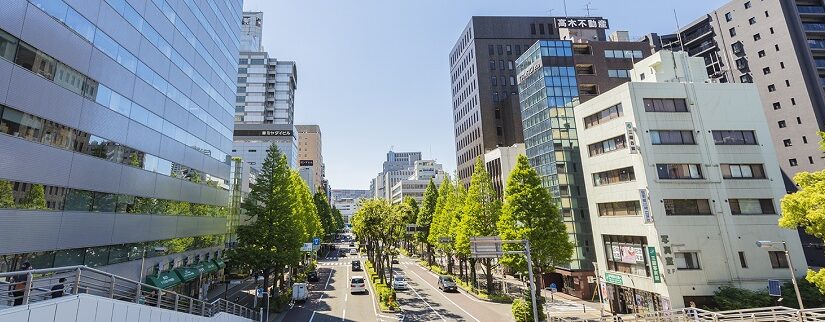Update | January 14, 2021
In some parts of Japan (including Tokyo and Kanagawa), the state of emergency declaration (due to COVID-19) is declared until February 7th, 2021. In order to ensure the safety of our guests and staffs, we are taking the following measures.
- We request all guests and staffs to wash their hands when entering the office.
- Hand sanitizer at the entrance and the meeting room.
- Acrylic boards in the meeting room to prevent infection.
- Disinfection of the meeting room for each consultation.
- We request all guests and staffs to wear a mask.
- We open the window for ventilation.
- We have humidifiers installed to keep the humidity in the room.
For legal issues such as debt, business problems, inheritance, divorce, etc. it is important to have a consultation with the attorney early on in order to achieve a better resolution.
We take measures to prevent infection as described above, so if you wish to consult with us, please contact us as soon as possible. We can also provide web consultation (zoom, skype, google meets) for now.




